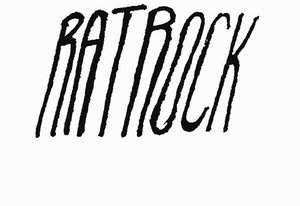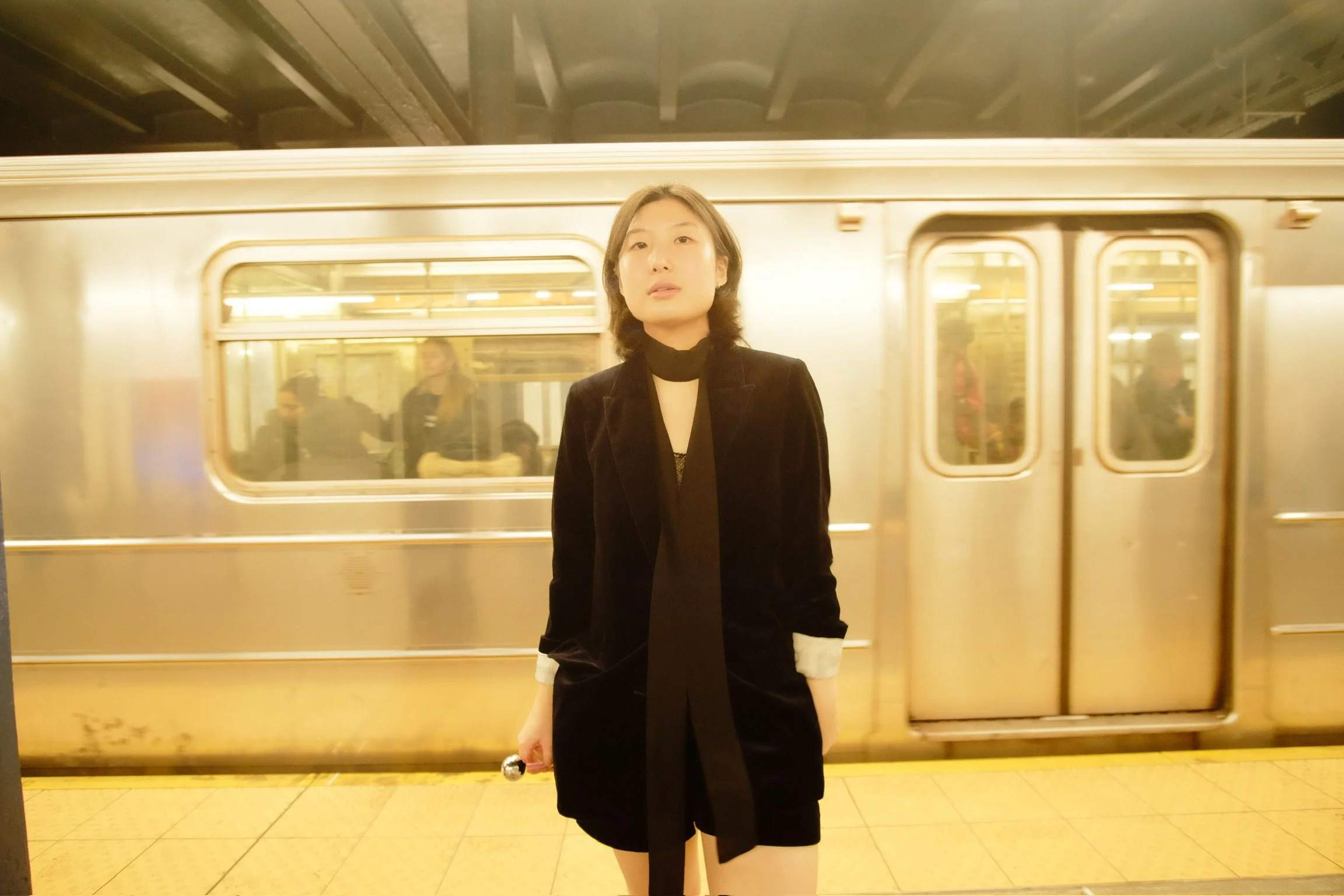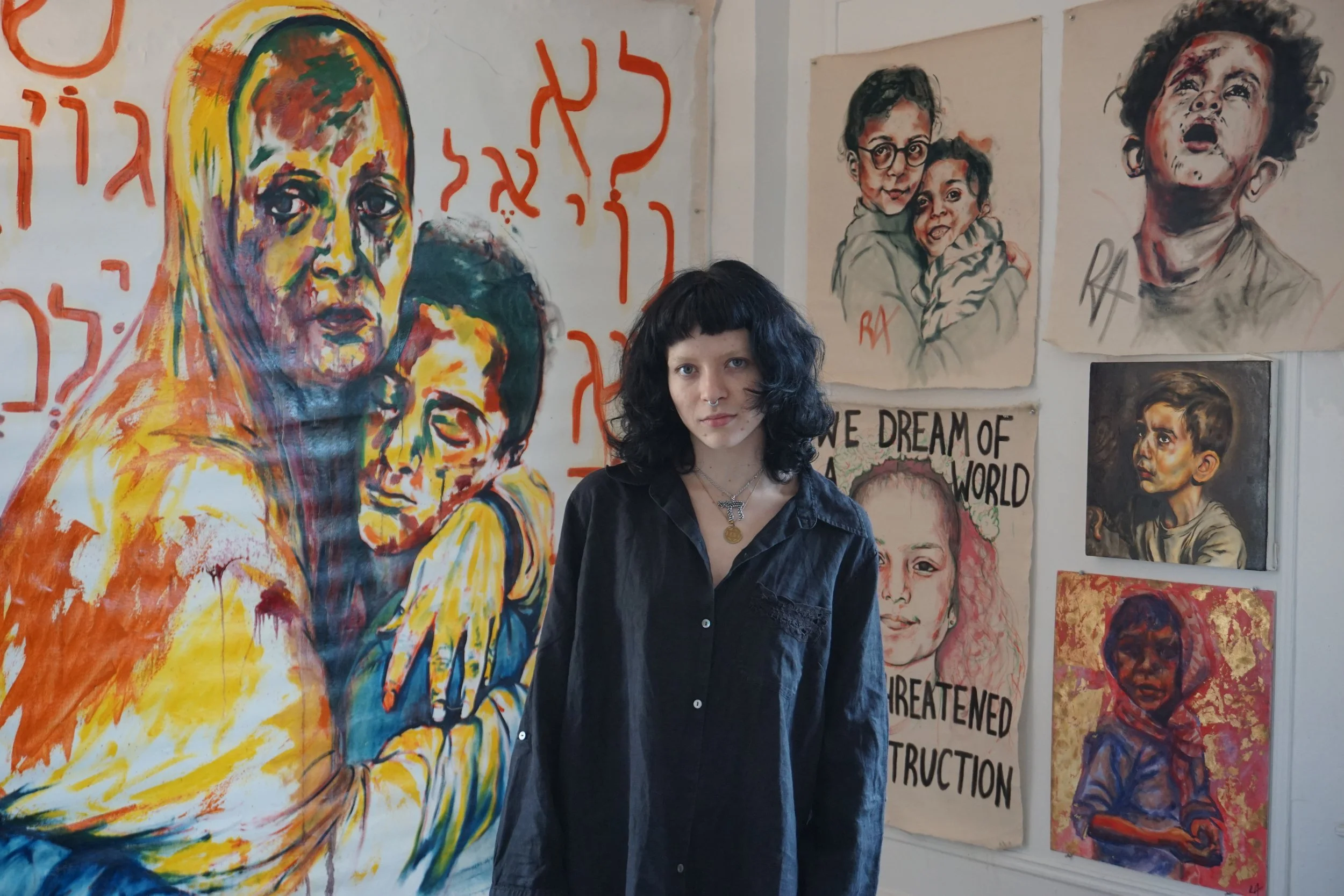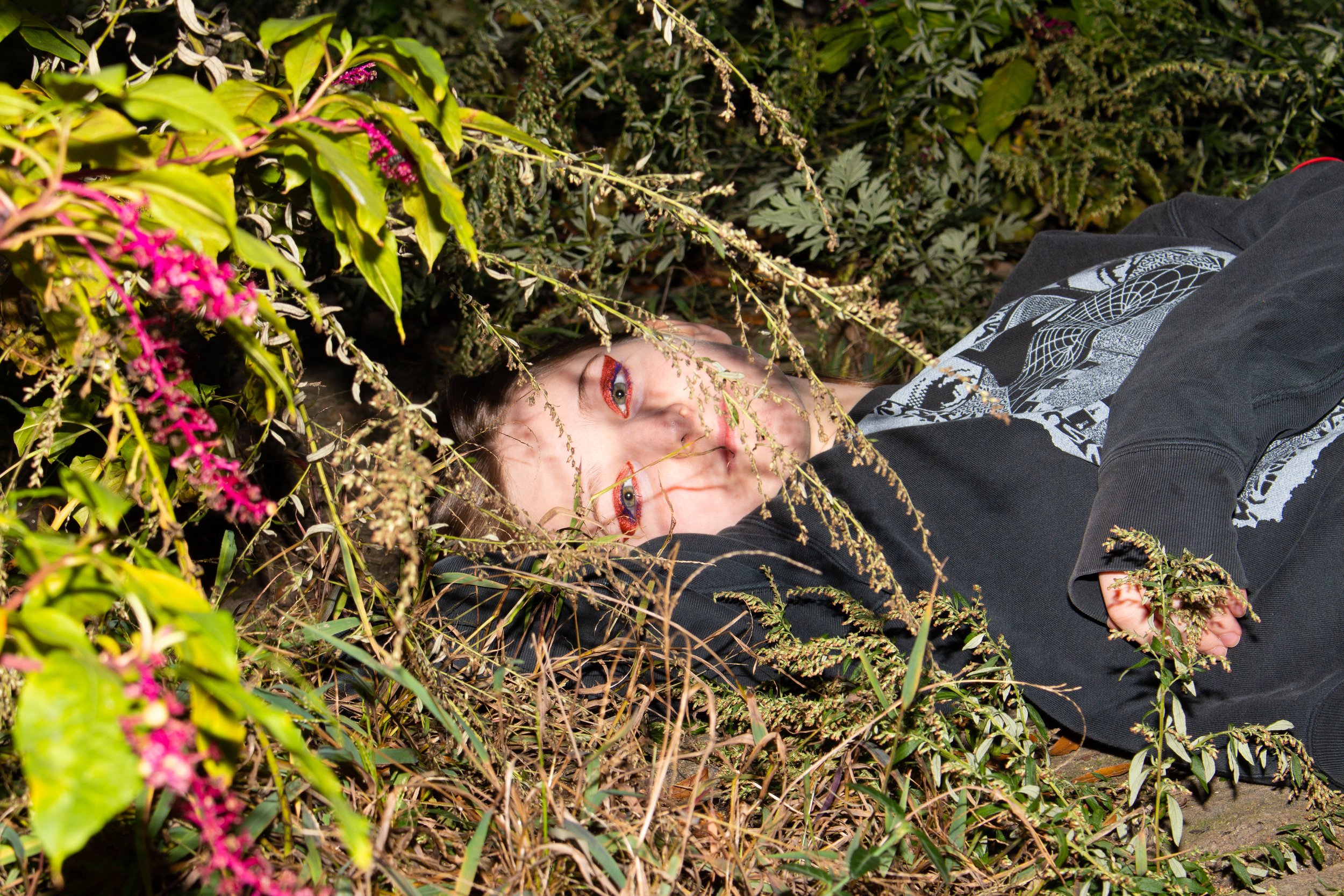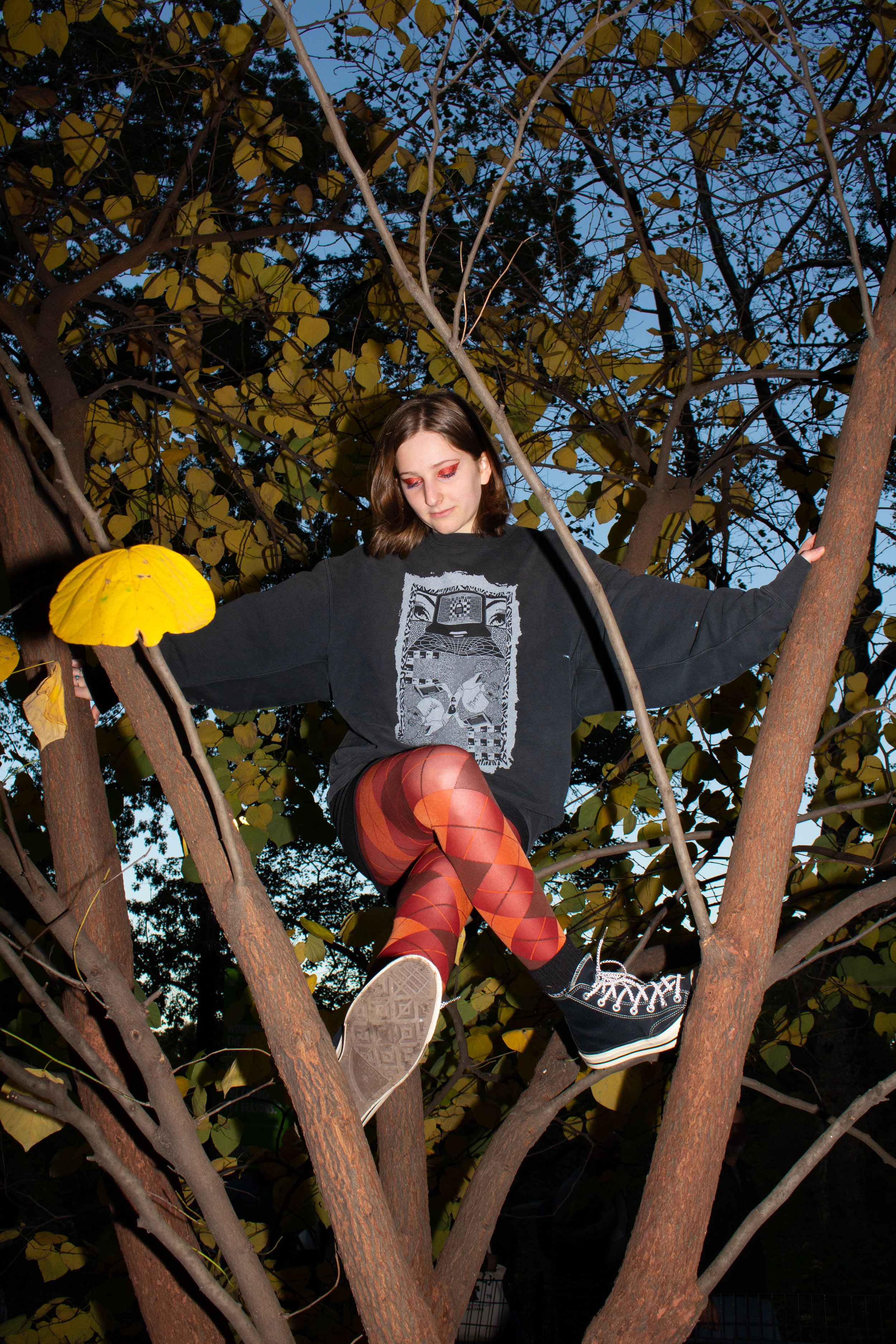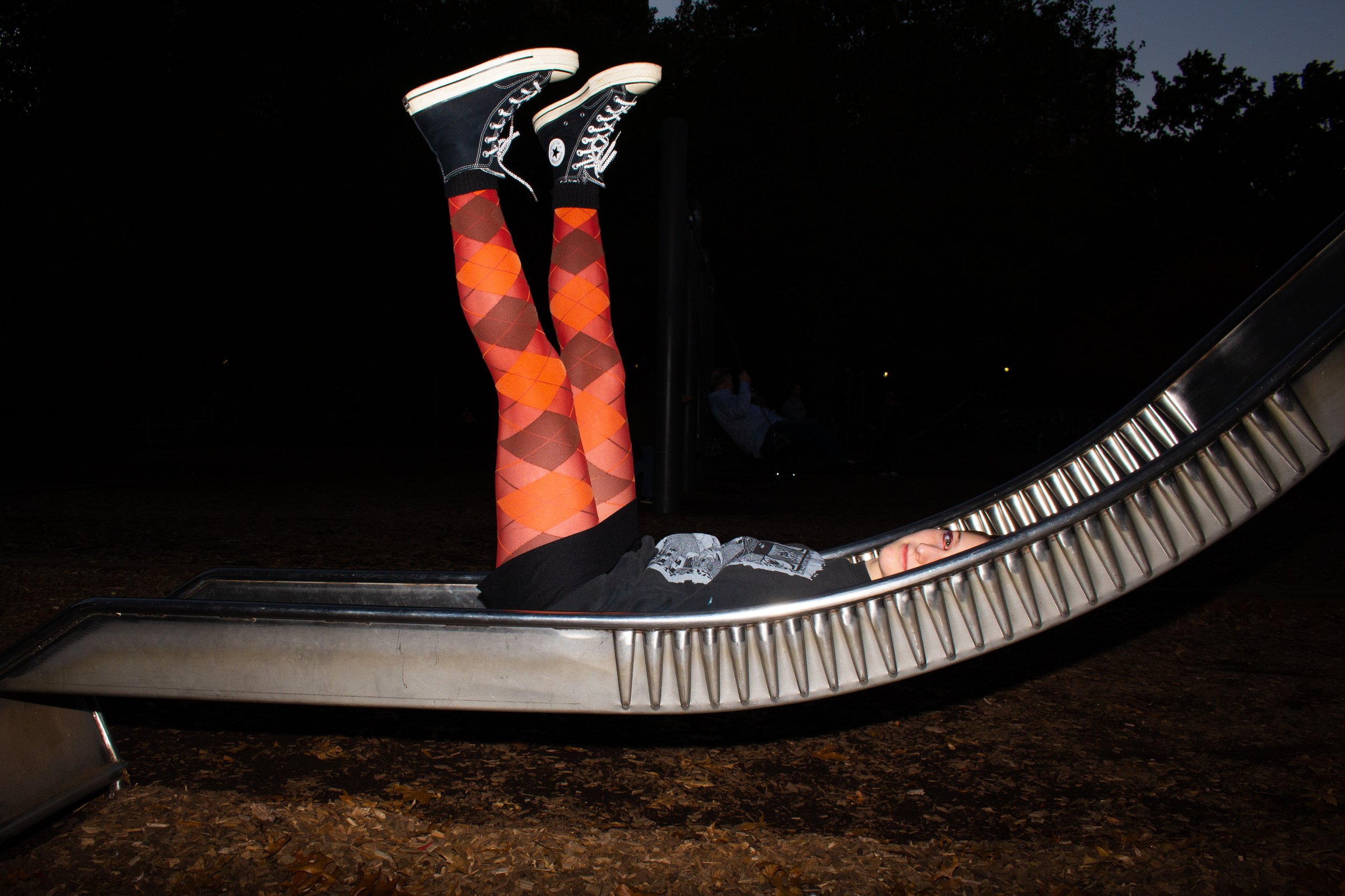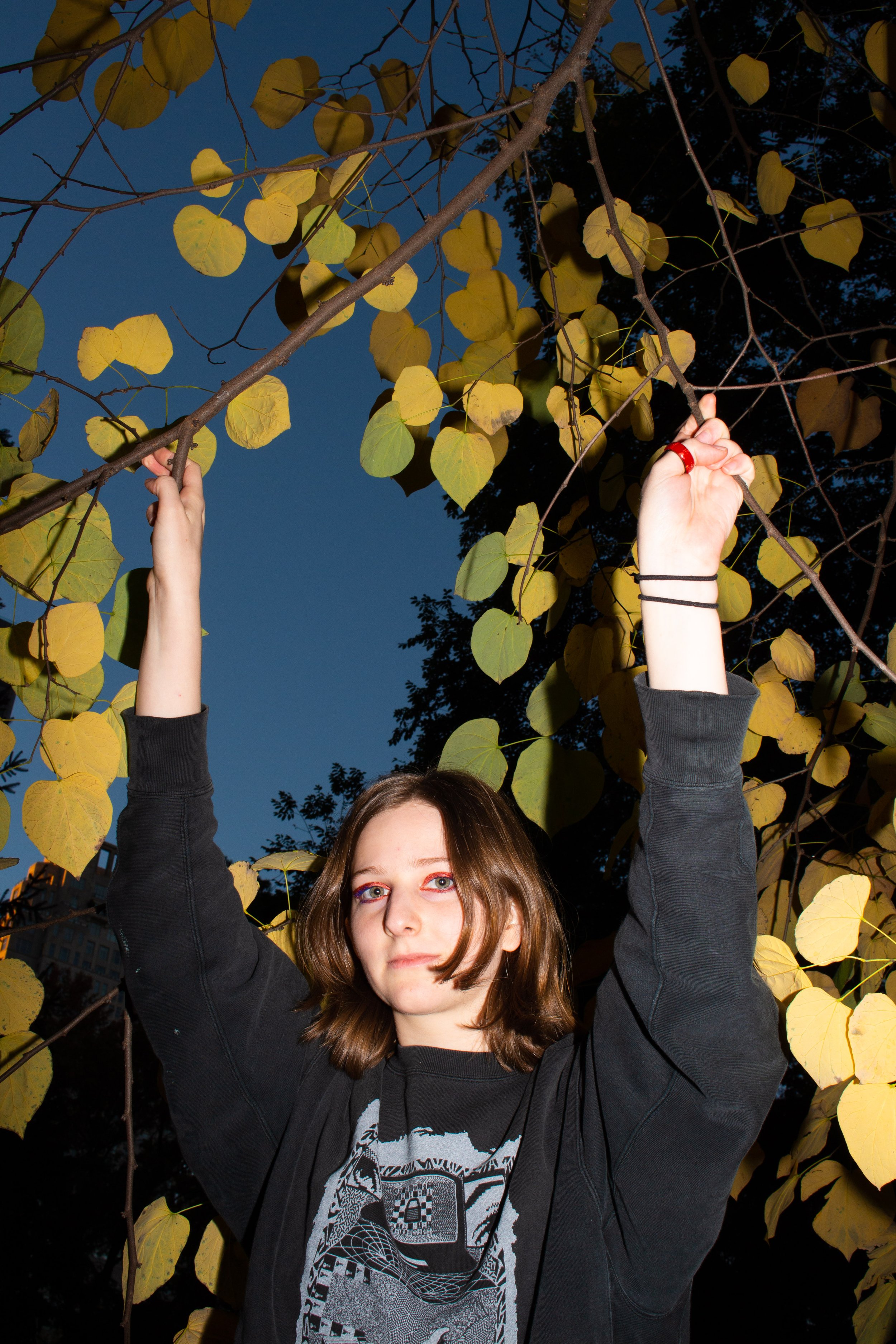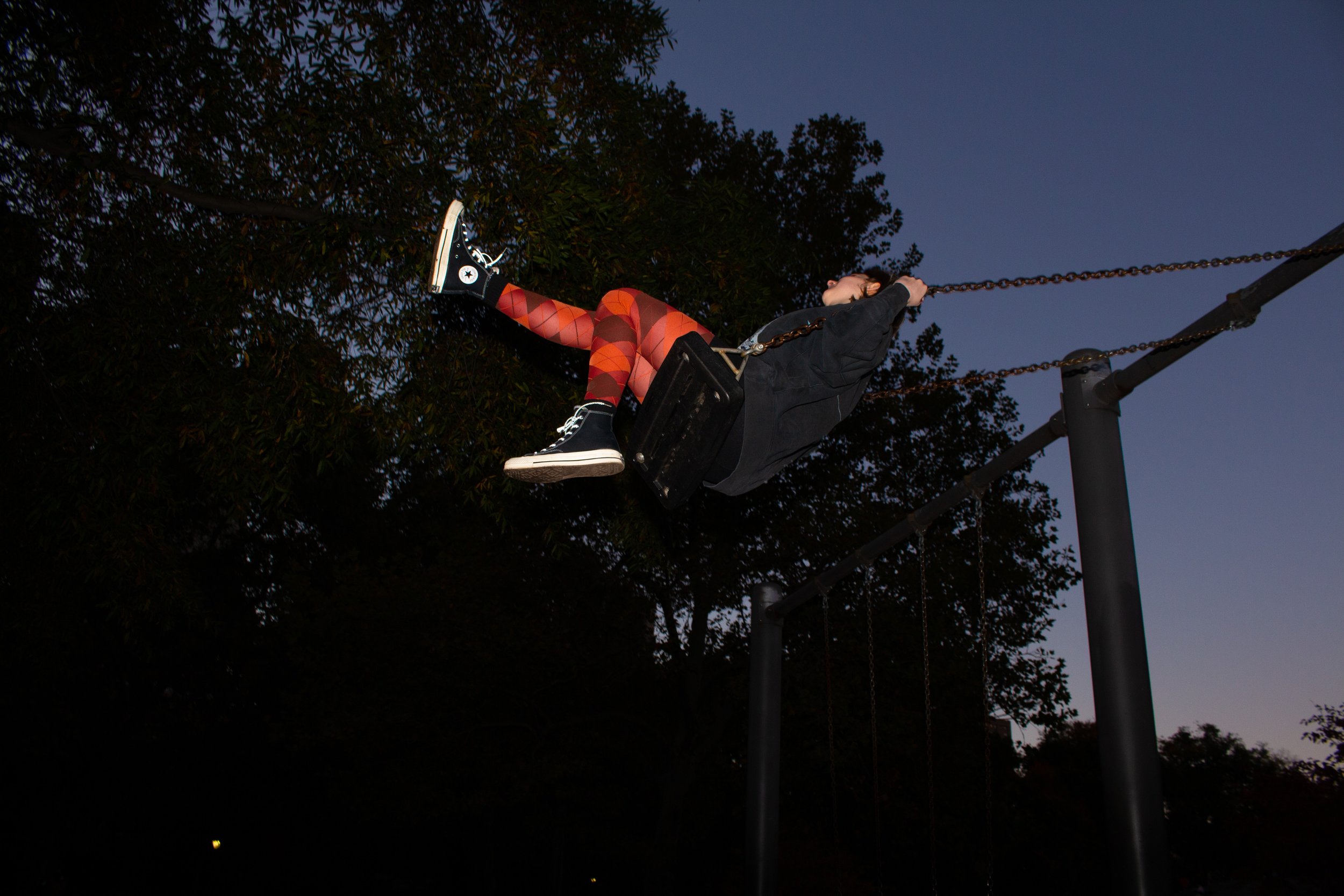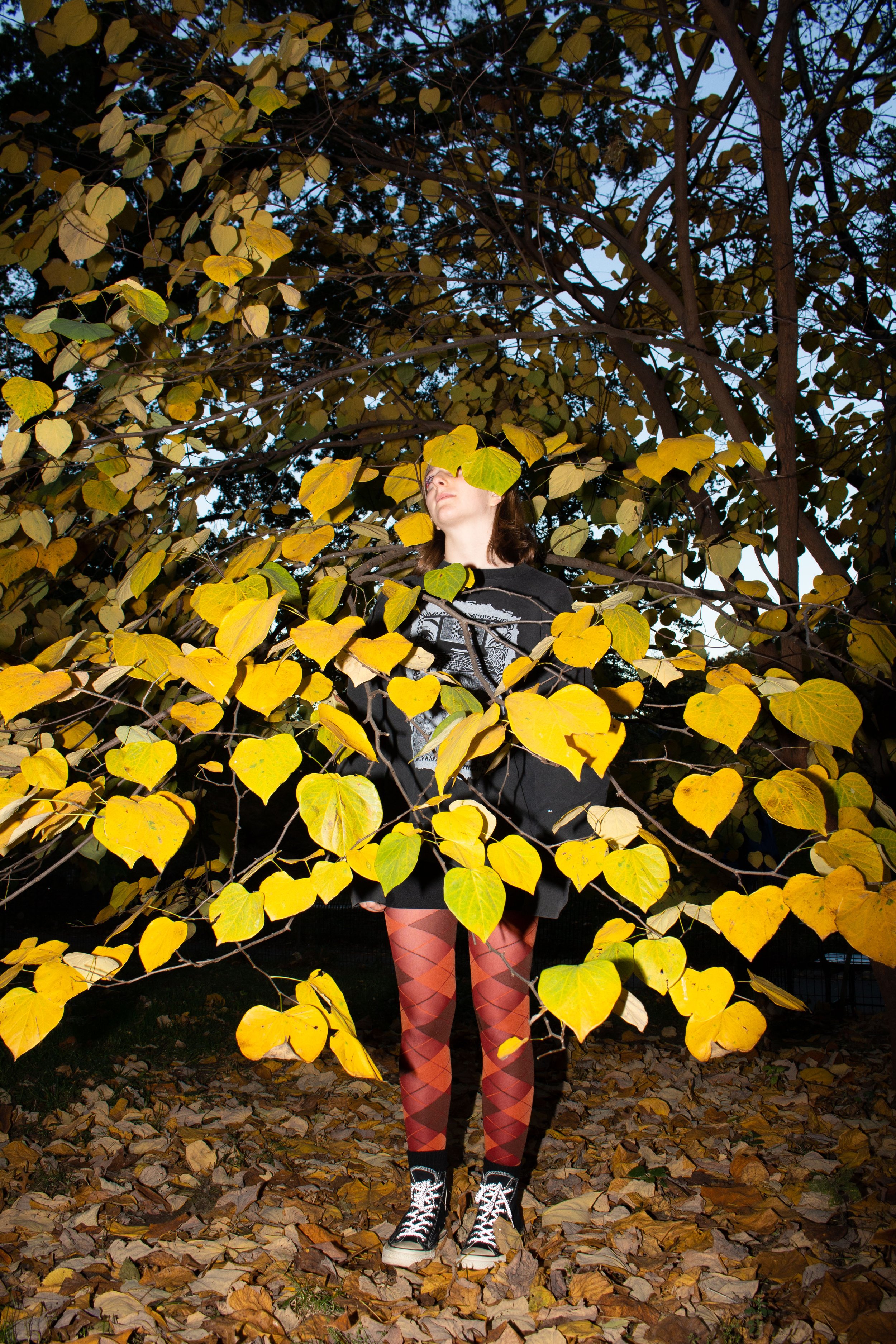Feature by Sophia Ricaurte
Photos by Emily Lord
Production Assistants: Sungyoon Lim, Cas Sommer, Anushka Khetawat
Adela is a film photographer whose work spotlights meaning between subject and artist. Interested in what is earnest and vulnerable, she transforms personal perspective holistically. She is a first-year at Barnard from the Bay Area.
It is a heavenly October Wednesday at noon when I get a call from Adela, saying that she has tested positive for Covid, that she’s taken rapids before but none with a T-line of such an unambiguous violet. We reschedule, easy, for fifteen minutes later except I nearly double the delay because my test runs of Zoom’s recording feature are giving me two dots and a mouth-slant—nonplussed at what, I don’t know. It’s 12:28 now. I better just send the link.
Despite being ill, her spirits are high. Adela is so cheerful, it’s the only contagious thing buzzing through our laptops a few blocks apart. This, however, isn’t so much a shock given the style of her photography—with brazen compassion that, too, bursts through her work. Her photos of singular people don’t emphasize individual identities as much as they try to recognize something more constitutive and unprotected.
When asked about her influences, she is shaped by the heartfelt: “That’s a hard question because I think I always go back to my family. My style for a long time was based on my brother, who is super cool. His stuff is really amazing. He picked up photography in a high school class and continues with it now. He taught me how to use a film camera—a little connection moment with my brother—and then I kind of went off on my own and started to develop my own style and dive deeper into the connection portion of portraits. In terms of thought processes within my work, I think about my dad and my mom. Something prevalent in my work is looking at things from a new perspective, which my dad has always encouraged. My mom is really curious, so that makes me look at the world in a different way too.” Her film photography is a rotation of the real. A wavering of the real, quite literally sometimes.
6534
She hones her creativity outside of school, saying, “I didn’t really see myself as an artist until eighth grade because it was very much about copying things, and to me, it was like, why would I want to sit here and do that?” Following that year, she flourished into the artist label even more: “Going into high school, I went away to New York for a summer. I was fourteen, and it was for a photography class. That was when I got into portraits. That was the starting point.”
Now, she mostly does film photography but she has worked in other mediums such as painting, drawing, woodworking, ceramics, and some graphic design. However, she says, “Classes weren’t really the way for me to produce stuff that I was proud of.” A first-year at Barnard, Adela mentions that she hasn’t had too much time to work on her art outside of courses, but, still, she says, “One thing that caught my eye from the roll of film I had developed here is finding places where nature disobeys the city environment or is stuck in between. I want to continue shooting around the city.” When asked about long term aspirations, she says her goals are to “just to keep doing it, developing my skills and connections with people and the environment around me over time.”
I WILL BE
Some of Adela’s work plays on a 1:1 scale. She is interested in how people conceive of themselves insofar as her art can help bring more awareness and confidence to their self-image. Her work is a mode of caring. There’s a certainty in her art’s social effects because her subjects can be deeply involved. For one project, she says, “I interviewed people on what they felt insecure about. Then, we worked together to reframe it in a different light. There were five people involved in this project and two photos per person. One was a portrayal of the insecurity itself and the other was its reframing. For example, one person said ‘I feel insecure that I’m so thin,’ and so I asked, ‘Well, what's something that you like about your body?’ And he said, ‘Well my body works. It works for me.’ That’s where that shot came from.” The camera as mediation is more olive branch than it is distancing. Futuristic sites, abstract and physical, for unfamiliar and positive associations to sprout.
WILL I EVER BE?
For another subject in this project, she says, “That’s my friend Naomi. She was insecure about scars and acne on her face. She had a bike accident earlier that year, and I said, ‘What does your face do for you in your life?’ She said, ‘Well, I can express myself through it.’ It’s more about personal stories than individual people.” Adela’s work espouses this shift in focus. It's a fresh concentration on the self. This photography feels like warm, buttered bread—salvaging, inviting, and needed.
Adela adds, “Each photo, when I presented it, had a quote. So I would have a quote about the insecurity and a quote about the reframing. I left it in their words. I didn't want to add anything else because it wasn’t really my place.” Her photography carries a strong devotion to visibility and its power. These are careful acts of recognition, not just after an amalgamation of aesthetic choices, but also oriented towards a kind of therapy. Each photo is an outstretched humanity, an elastic taffy of intimacy. The work is interested in the true life of its subject as much as it is interested in artistry. Adela’s art is in medias res and refuses to neglect the before and the after.
RIPPED APART
You can find more of her work at adelaschwartz.com!
